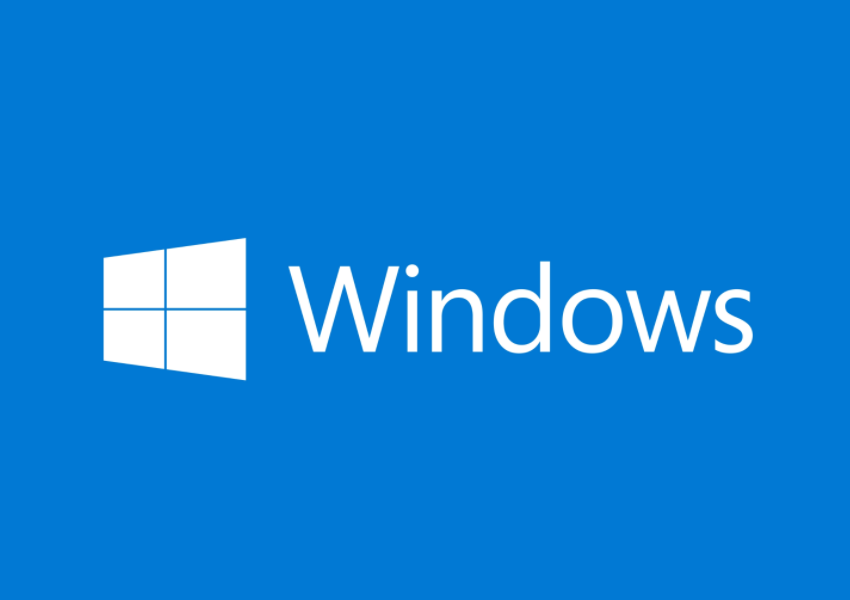Are you struggling to unzip a GZ file on your Windows computer? Don’t worry, we’ve got you covered. In this comprehensive guide, we will walk you through three different methods to successfully extract GZ files in Windows. Whether you’re a tech-savvy user or a beginner, this step-by-step tutorial will make the process easy and hassle-free.
What is a GZ file?
A GZ file is a type of compressed archive file created using the Gzip compression program. It combines one or more files into a single file with a smaller size, making it easier to transfer and store. GZ files are commonly used in UNIX and Linux systems but can also be encountered in Windows environments. These files retain the original file name, ownership, mode, and timestamp, ensuring that no information is lost during compression.
Why unzip a GZ file?
There are several reasons why you might need to unzip a GZ file. Firstly, extracting the files allows you to access and use the individual files contained within the compressed archive. This is especially useful when you need to work with specific files or transfer them to another location. Additionally, unzipping a GZ file can help you save storage space on your computer by decompressing and organizing the files in a more manageable format.
Method 1: Using WinZip
One of the most popular and user-friendly tools for unzipping GZ files in Windows is WinZip. This powerful file archiver and unzipper offers a seamless experience with its intuitive interface and comprehensive set of features. Here’s how you can use WinZip to extract GZ files:
- Download and install WinZip from the official website.
- Once installed, locate the GZ file you want to unzip on your computer.
- Right-click on the GZ file and select one of the available “Unzip” options from the context menu.
- Follow the prompts to choose the extraction destination and complete the unzipping process.
With WinZip, you can easily extract GZ files and access their contents in just a few simple steps. The program also offers additional features such as file encryption, splitting and un-splitting large files, and integrated data backup and sharing options.
Method 2: Using Command Prompt
If you prefer using Command Prompt, also known as cmd, you can unzip GZ files using this built-in app in Windows. Here’s how:
- Press the Windows Key to open the Start Menu.
- Type “cmd” in the search bar to find Command Prompt.
- Right-click on the Command Prompt result and select “Run as Administrator” to launch Command Prompt with administrative privileges.
- In the Command Prompt window, type the following command:
tar -xvzf C:PATHTOFILEFILE-NAME.tar.gz -C C:PATHTOFOLDEREXTRACTIONReplace “C:PATHTOFILEFILE-NAME.tar.gz” with the actual path and file name of your GZ file, and “C:PATHTOFOLDEREXTRACTION” with the destination folder where you want to extract the files.
- Press Enter to execute the command and start the unzipping process.
Using Command Prompt provides a command-line interface for advanced users who prefer a more hands-on approach to file extraction. It allows for greater flexibility and customization options.
Method 3: Using PowerShell
PowerShell is another powerful tool that can be used to unzip GZ files in Windows. It provides a scripting language and command-line interface for automating tasks and managing system configurations. Here’s how you can unzip GZ files using PowerShell:
- Press Start and type “powershell” in the search bar.
- Launch PowerShell with administrative privileges by right-clicking on the PowerShell result and selecting “Run as Administrator”.
- In the PowerShell window, type the following command and press Enter to apply it:
function unzip($path,$to) { $7z = "$env:TEMP7z" if (!(test-path $7z) -or !(test-path "$7z7za.exe")) { if (!(test-path $7z)) { md $7z | out-null } push-location $7z try { write-host "Downloading 7zip" -foregroundcolor cyan $wc = new-object system.net.webClient $wc.headers.add('user-agent', [Microsoft.PowerShell.Commands.PSUserAgent]::FireFox) $wc.downloadFile("http://softlayer-dal.dl.sourceforge.net/project/sevenzip/7-Zip/9.20/7za920.zip","$7z7z.zip") write-host "done." foregroundcolor green add-type -assembly "system.io.compression.filesystem" [io.compression.zipfile]::extracttodirectory("$7z7z.zip","$7z") del .7z.zip } finally { pop-location } } if ($path.endswith('.tar.gz') -or $path.endswith('.tgz')) { $x = "cmd" $y = "/C `"^`"$7z7za.exe^`" x ^`"$path^`" -so | ^`"$7z7za.exe^`" x -y -si -ttar -o^`"$to^`"" & $x $y } else { & "$7z7za.exe" x $path -y -o"$to" }}- After applying the command, you can use the “unzip” function by typing the following command and pressing Enter:
unzip C:PATHTOFILEFILE-NAME.tar.gz C:PATHTOFOLDEREXTRACTIONReplace “C:PATHTOFILEFILE-NAME.tar.gz” with the actual path and file name of your GZ file, and “C:PATHTOFOLDEREXTRACTION” with the destination folder where you want to extract the files.
By following these steps, you should now be able to easily extract GZ files in Windows using PowerShell. PowerShell provides advanced scripting capabilities and is a valuable tool for automating repetitive tasks.
Tips for Successful GZ File Extraction
When unzipping GZ files, it’s important to keep a few tips in mind to ensure a smooth and successful extraction process. Here are some helpful tips to consider:
Choose a compatible unzipping program: Make sure the program you choose to unzip GZ files is compatible with your computer device and operating system. Not all programs work for all devices, so research and select the one that suits your needs.
Backup your files: Before unzipping a GZ file, it’s always a good idea to create a backup of your files. This ensures that you have a copy of your files in case any errors occur during the extraction process.
Consider file size: Larger GZ files may take longer to extract compared to smaller ones. Be patient and allow the extraction process to complete, especially for larger files.
Choose a secure location: When extracting GZ files, make sure to choose a secure location to store the extracted files. Verify that the files are moving to the correct destination folder to avoid any accidental loss or misplacement.
Set up a restore point: To further protect your computer and files, consider setting up a system restore point before extracting GZ files. This allows you to revert your computer back to its state before the extraction, in case any issues arise.
Scan for viruses: Run a virus detection program on the GZ file before extracting it to ensure that none of the files inside it are infected with viruses.
Set a password: If your GZ file contains sensitive information, consider setting a password to protect the file. This ensures that only authorized individuals can access the files within the GZ file.
Securely store the password: If you set a password for a GZ file, make sure to write it down and store it in a secure location. This will prevent any inconvenience if you forget the password when prompted during the extraction process.
Re-zip unnecessary files: If your GZ files contain sensitive information that you don’t need at the moment, quickly re-zip them to prevent unauthorized access.
Use a secure network: When unzipping sensitive GZ files, make sure to do it on a secure network. Avoid unsecured networks to minimize the risk of hacking or unauthorized access to your computer and files.
Optimize system resources: If the unzipping process is taking longer than expected, close unnecessary windows and applications to allocate more resources to speed up the extraction.
By following these tips, you can ensure a successful and secure GZ file extraction process on your Windows computer.
Conclusion
Unzipping GZ files in Windows is a straightforward process when you have the right tools and knowledge. In this comprehensive guide, we have explored three different methods to extract GZ files: using WinZip, Command Prompt, and PowerShell. Each method offers its own advantages and can be tailored to your specific needs.
Remember to choose a compatible unzipping program, backup your files, and consider the file size when extracting GZ files. Set up a restore point and scan for viruses to protect your computer and files. Securely store passwords, re-zip unnecessary files, and use a secure network to minimize risks. By optimizing system resources, you can speed up the extraction process and ensure a smooth experience.
Now that you’re equipped with the knowledge and tools to unzip GZ files in Windows, you can confidently handle compressed archives and access your files with ease.








